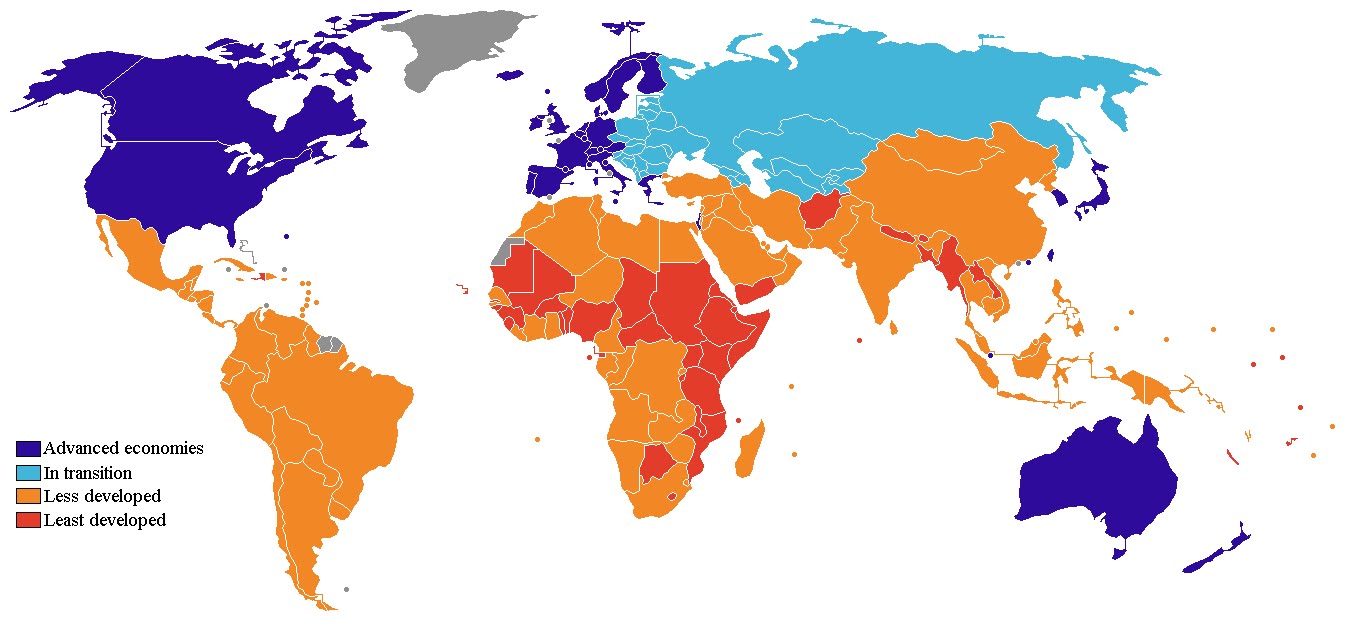 Source: bing.com
Source: bing.comThe world’s population is growing, and developing countries are contributing to this growth more than developed countries. The fertility rates of developing countries are higher than those of developed countries. The question is, why do developing countries have more babies?
Table of Contents
Poverty
One of the reasons why developing countries have more babies is poverty. Poverty leads to a lack of access to education, healthcare, and family planning services. In many developing countries, women do not have access to birth control or do not have the knowledge to use it properly. As a result, they have more children.
Cultural Norms
Cultural norms can also play a role in the high fertility rates of developing countries. In some cultures, having many children is seen as a sign of wealth, status, and fertility. There is also a belief that having many children will increase the chances of having a son and carrying on the family name.
Lack of Education
The lack of education is another reason why developing countries have more babies. Women who have little or no education may not understand the importance of family planning and the risks associated with having many children. They may also not be aware of the resources available to them.
Lack of Healthcare
In many developing countries, there is a lack of healthcare, especially in rural areas. Women may not have access to prenatal care or may not have a skilled birth attendant present during childbirth. As a result, they may have more children to ensure that they have enough children who survive into adulthood.
Religious Beliefs
Religious beliefs can also play a role in the high fertility rates of developing countries. Some religions encourage large families and frown upon the use of birth control. In some cases, religious leaders may discourage women from seeking family planning services, leading to higher fertility rates.
Conclusion
In conclusion, there are many reasons why developing countries have more babies. Poverty, cultural norms, lack of education and healthcare, and religious beliefs all contribute to the high fertility rates in these countries. Addressing these issues through education, access to healthcare, and family planning services can help reduce fertility rates and improve the lives of women and their families.
Frequently Asked Questions
Q: Are women in developing countries aware of family planning methods?
A: In many cases, women in developing countries are not aware of family planning methods or do not have access to them.
Q: How can we reduce the fertility rates in developing countries?
A: By addressing issues such as poverty, lack of education and healthcare, and cultural norms, we can reduce the fertility rates in developing countries.
Q: Are there any religious beliefs that encourage smaller families?
A: Yes, some religions do encourage smaller families and the use of birth control.
Q: What is the impact of high fertility rates on developing countries?
A: High fertility rates can lead to overpopulation, increased demand for resources, and a strain on the economy and infrastructure.
Q: How can we ensure that women in developing countries have access to education and healthcare?
A: By investing in education and healthcare systems, providing resources and training to healthcare workers, and addressing cultural and social barriers, we can ensure that women in developing countries have access to education and healthcare.